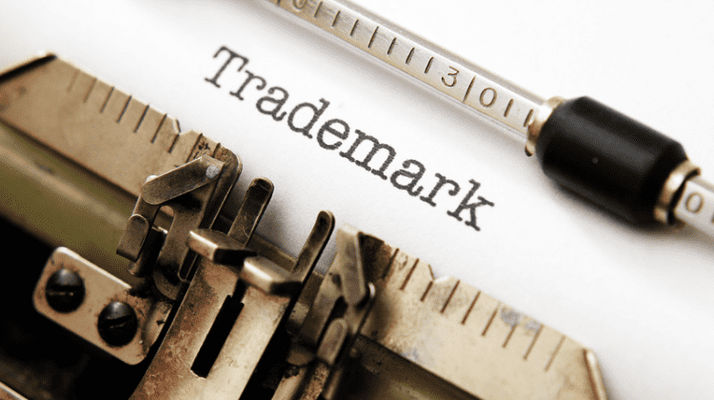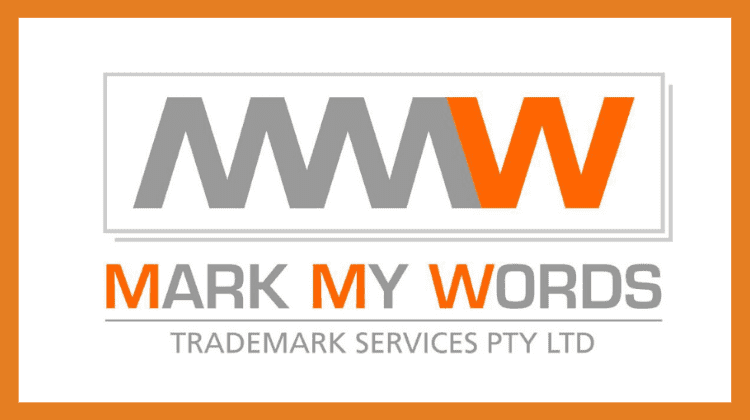
The decision whether an individual or a company should apply depends on the unique circumstances of the situation. Particularly by looking at whether the individual or the company is considered the rightful owner (according to law) – keeping in mind individuals are separate legal persons to a registered company.
It is a very important question, and one that’s often overlooked, as the naming of the proper owner is crucial to registering a valid trade mark.
Who can own a trade mark?
The owner of a trade mark should be the party that has authored the trade mark and controls (or intends to control) the nature, quality or financial situation of the goods or services that will be using the mark in a commercial manner. Generally, this ‘controlling force’ determines who has the right to file an application in their name.
A trade mark must be registered in the name of an individual, a group of individuals in a partnership, a company, charity or a trustee acting on behalf of a trust. Trade marks can be jointly owned, but the owner has to be someone with ‘legal personality’. A business name, for example, is not a legal entity so cannot own a trade mark.
A critical point to note is that any applicant - be they an individual or a company - should consider who is the rightful and true owner of the mark. As a simple example, if the business operates under a company structure and the company is the first to use the trade mark, it would be incorrect to file in a director’s name, as that individual has not ben the author or controller of the trade mark.
Situations where trade marks that are not filed by the rightful owner upfront cannot always be rectified by simply transferring to the ‘correct’ owner down the line. The test for ownership is at the date of filing. This can have dire consequences moving forward, as others could challenge the trade mark on the basis of incorrect ownership at the filing date. Complex and costly disputes can and do arise which is why advice and assistance from a specialist trade marks attorney is recommended upfront so that the correct claim of ownership is made at the filing date.
It’s also important to remember that a trade mark that is not used by the named owner (or by an authorised user within the meaning of the Trade Marks Act 1995) within a certain period of time may be removed from the official register due to ‘non-use’.
It is also incredibly important for sole traders to consider unregistered trade marks they may use in the marketplace before registering a company. If a sole trader registers a company, the unregistered trade mark rights do not automatically move to that company. Proper agreements that capture the assignment of the business assets (including unregistered trade marks) and associated goodwill need to be considered to ensure the company becomes the proper owner of the brands, and, therefore the rightful entity to later file trade mark applications if desired.
Considerations when filing a trade mark in a personal capacity
If a trade mark has been registered in a personal name, that trade mark becomes personal property. That means the individual may be personally liable if there is any challenge or opposition to the trade mark application.
An individual may register a trade mark in their name and allow their company to use it, presuming the individual is indeed the rightful owner by virtue of authorship and common law use. This situation is fine as long as the individual remains the person properly controlling the use of the trade mark by the company. Proper licensing agreements should be in place to govern how the individual will control that use. However, the business may expand, a partnership or other structure may be formed and other investors brought on board in which case ownership may need to be transferred or a further licensing agreement drawn up to authorise the business to use that trade mark.
There may also be a situation where a sole trader who filed a trade mark application in the company name brings new investors or shareholders into the business - but wants to retain personal ownership of that trade mark and have it assigned to themselves. This can be a challenging situation and the assistance of experts in trade mark law is recommended.
Should the individual owner of a trade mark pass away without assigning the trade mark to another entity or including it in their will, the trade mark may cease as a result. Bear in mind that a registered trade mark can be a valuable asset, so it is critical to make good choices with respect to ownership and ensuring the validity of a trade mark is maintained.
Considerations when filing a trade mark in a company name
Registering a trade mark in the name of a corporate entity is often ‘cleanest’ (assuming the company has clear title to be named the applicant at the filing date) moving forward as it is generally the director user of the mark so no internal license agreements are required to ensure the company can demonstrate it is the true controlling force behind the use of the mark.
The benefits to a company owning the trade mark registration include:
- The company will have standing to enforce its legal rights to the use of the registered trade mark
- The trade mark is a quantifiable asset and can add considerable value to a business’s balance sheet
- A registered trade mark can be sold, bought, licensed or assigned and can be used in business negotiations
- No unwanted expenses or issues associated with having to set up a licensing agreement
- Easier management of a trade marks portfolio
In summary
Clearly there are a number of legal factors to consider when making decisions about trade mark ownership. The trade marks attorneys at MMW Trademark Services can review your circumstances and advise as to the correct trade mark applicant or any other issues specific to your circumstances.


PHONE Jacqui Pryor, Trademark Attorney




















Please create a guest account or log in to leave a comment: